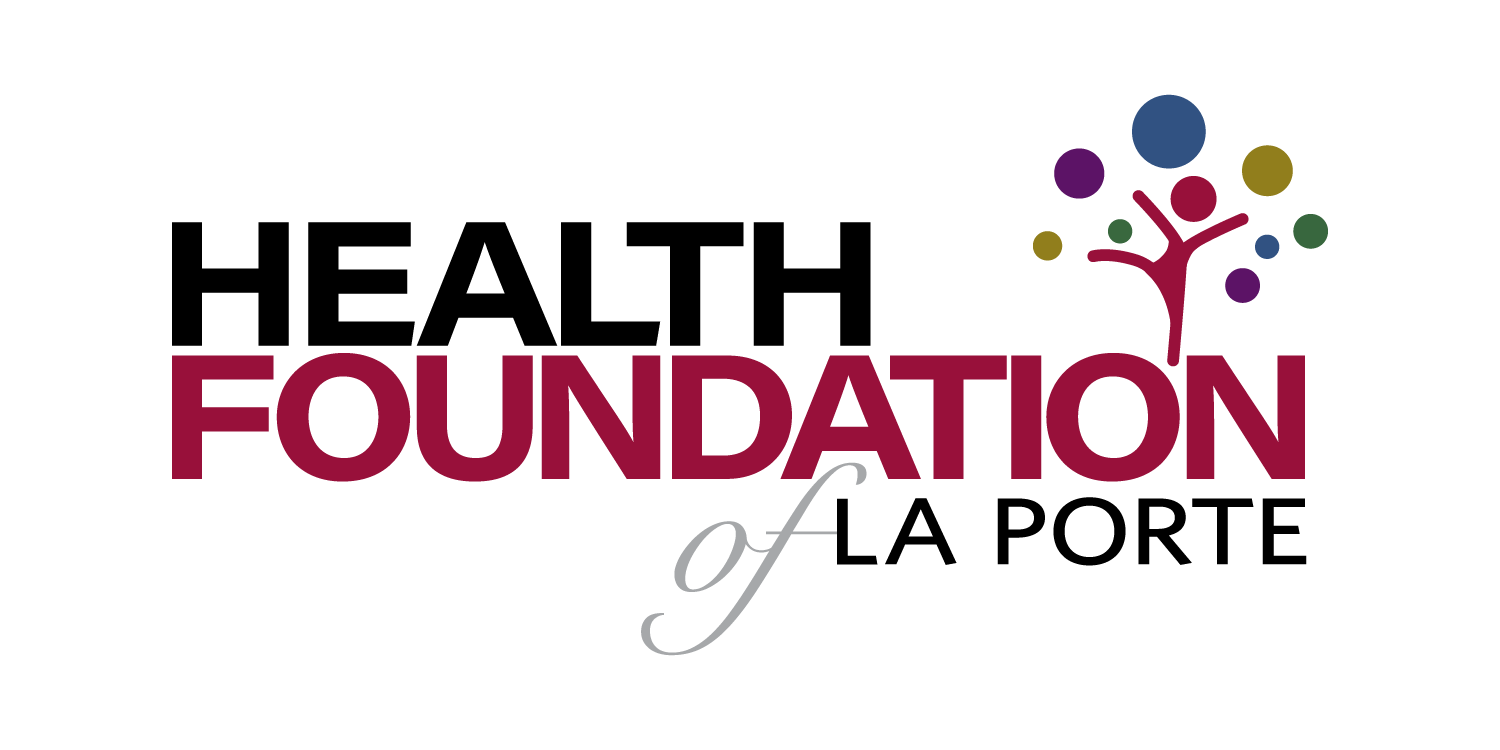Promising Practices
The Promising Practices database informs professionals and community members about documented approaches to improving community health and quality of life.
The ultimate goal is to support the systematic adoption, implementation, and evaluation of successful programs, practices, and policy changes. The database provides carefully reviewed, documented, and ranked practices that range from good ideas to evidence-based practices.
Learn more about the ranking methodology.
CDC COMMUNITY GUIDE: Preventing Dental Caries: School-Based or -Linked Sealant Delivery Programs (USA)
Filed under Evidence-Based Practice, Health / Oral Health, Children
Filed under Evidence-Based Practice, Health / Alcohol & Drug Use, Adults
Impact: Dram shop liability laws, or when the owner of an establishment that sells alcohol is responsible for the harmful actions of a customer after he or she buys a drink, leaves the location, and then causes harm, have the ability to prevent and reduce alcohol-related harms.
CDC COMMUNITY GUIDE: Preventing Excessive Alcohol Consumption: Enhanced Enforcement of Laws Prohibiting Sales to Minors (USA)
Filed under Evidence-Based Practice, Health / Alcohol & Drug Use, Children, Teens
Filed under Evidence-Based Practice, Health / Alcohol & Drug Use, Teens, Adults
Impact: The Community Preventive Services Task Force (CPSTF) has found that increasing the unit price of alcohol by raising taxes can help prevent excessive alcohol consumption and related harms.
CDC COMMUNITY GUIDE: Preventing Excessive Alcohol Consumption: Maintaining Limits on Days of Sale (USA)
Filed under Evidence-Based Practice, Health / Alcohol & Drug Use, Adults
Impact: In order to prevent excessive alcoholism and related harms, the Community Preventive Services Task Force recommends supporting existing limits on days in which alcoholic beverages may be sold.
CDC COMMUNITY GUIDE: Preventing Excessive Alcohol Consumption: Maintaining Limits on Hours of Sale (USA)
Filed under Evidence-Based Practice, Health / Alcohol & Drug Use, Adults
Impact: The Community Preventive Services Task Force recommends limiting access to alcohol by regulating the hours it can be sold as they found that increasing the hours available for alcohol sale can result in an increase in alcohol consumption and alcohol-related motor vehicle crashes.
CDC COMMUNITY GUIDE: Preventing Excessive Alcohol Consumption: Regulation of Alcohol Outlet Density (USA)
Filed under Evidence-Based Practice, Health / Alcohol & Drug Use, Adults
CDC COMMUNITY GUIDE: Prevention of Birth Defects: Community-Wide Campaigns to Promote the Use of Folic Acid Supplements (USA)
Filed under Evidence-Based Practice, Health / Maternal, Fetal & Infant Health, Children, Women
Impact: The Community Preventive Services Task Force has found that community-level education campaigns that promote the use of folic acid among women of child-bearing age can increase the number of these women who take folic acid supplements.
CDC COMMUNITY GUIDE: Prevention of HIV/AIDS, other STIs and Pregnancy: Group-Based Comprehensive Risk Reduction Interventions for Adolescents (USA)
Filed under Evidence-Based Practice, Health / Adolescent Health, Teens
CDC COMMUNITY GUIDE: Promoting Health Equity, Education Programs and Policies: Full-Day Kindergarten (USA)
Filed under Evidence-Based Practice, Health / Children's Health, Children
Goal: Children in low-income families often experience delays in language and other development by the age of three. Compensating for these delays before children begin regular schooling can be critical to providing them with equal opportunities for lifelong employment, income, and health.
Impact: Outcomes included self-confidence, ability to work or play with others, independence, and school attendance by the end of kindergarten or the beginning of first grade.

